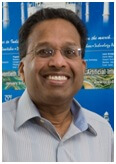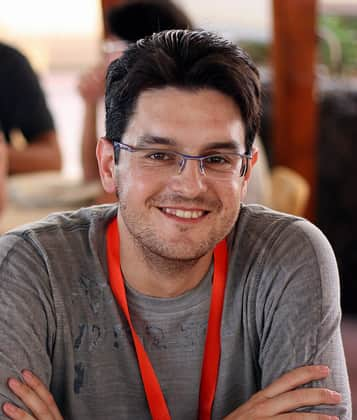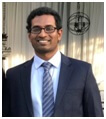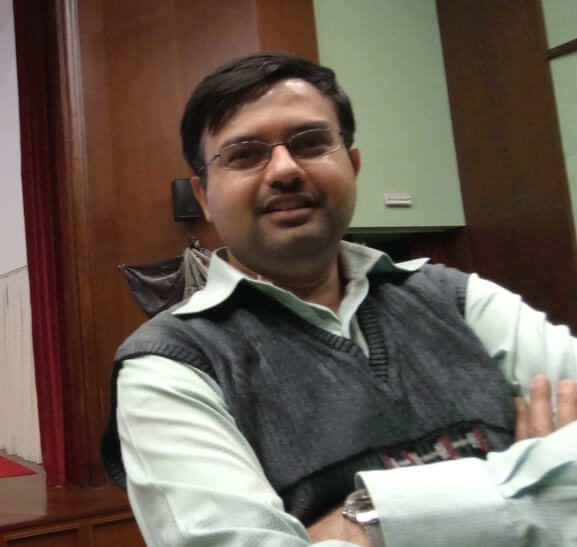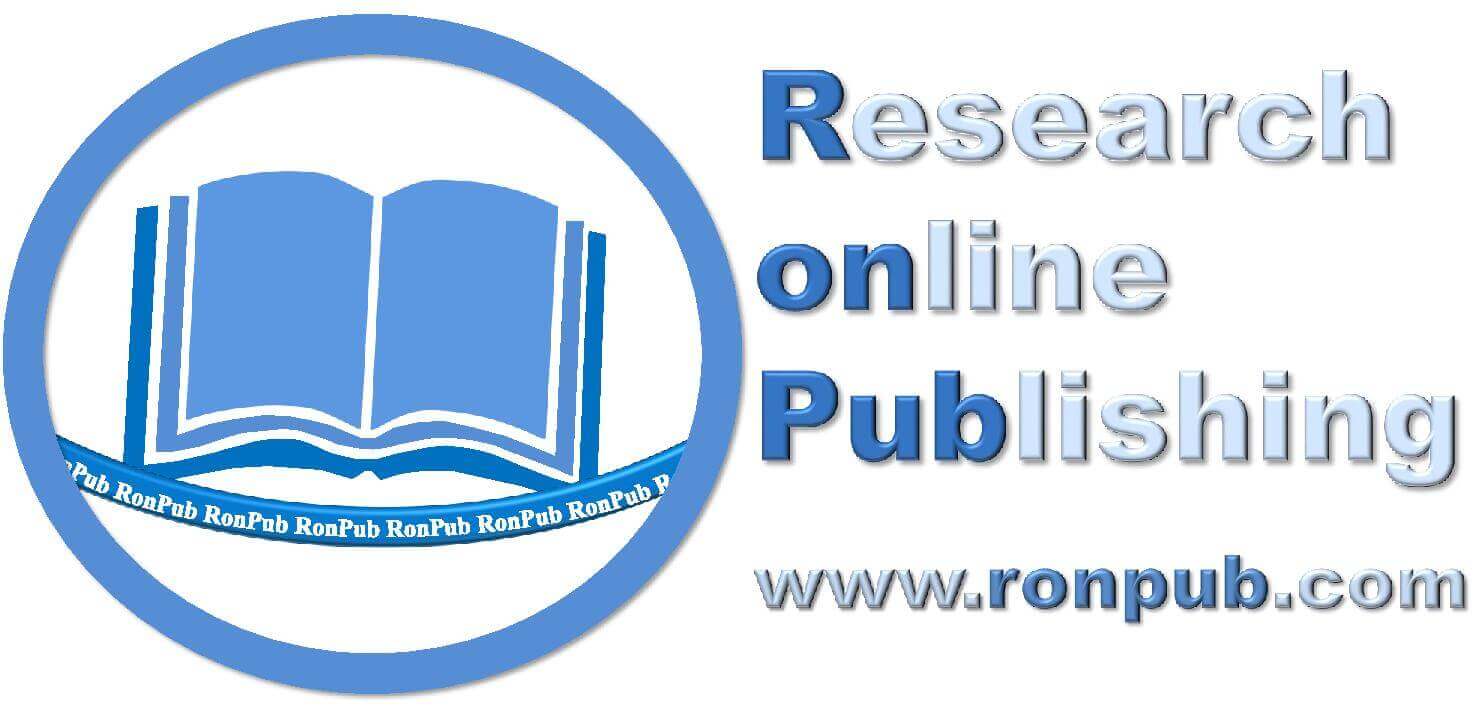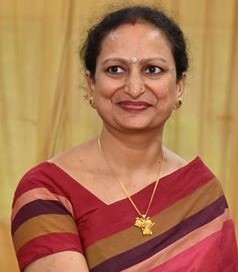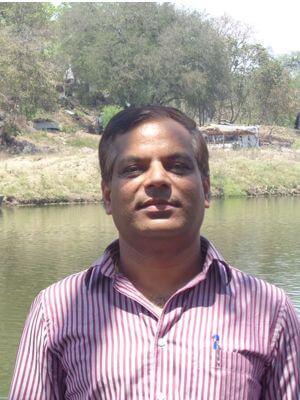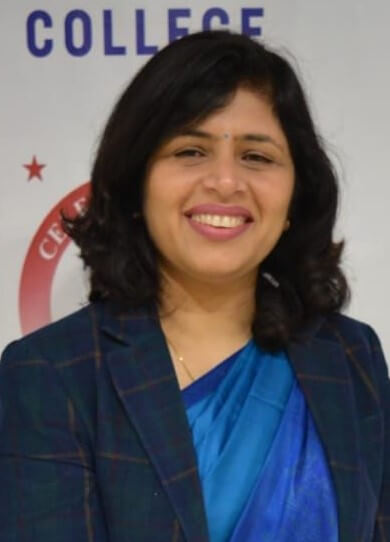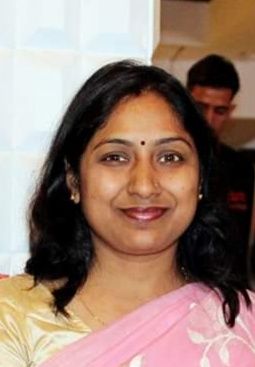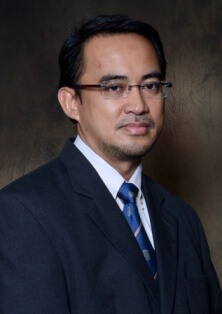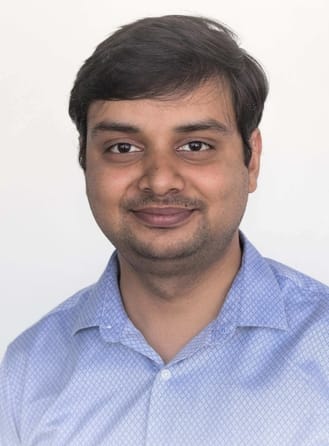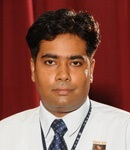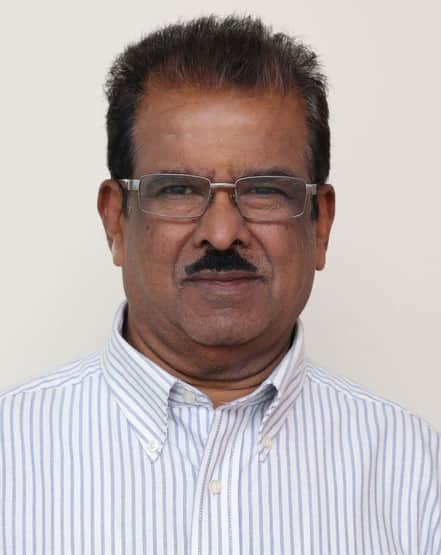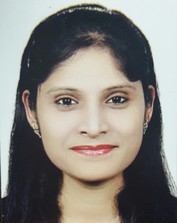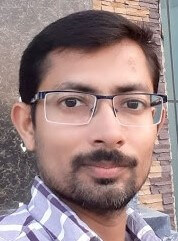Important Message on Covid-19
In the context of evolving global conditions of COVID-19, we are working toward providing a safe environment to our community during ISIC 2021. We are hopeful that by the end of 2020 the conditions will stabilize.
Participation: We understand that every potential attendee (author as well as non-authors) knows what is best for him/her. In view of this, ISIC 2021 will allow remote participation and the organizing committee has started working toward putting together technical infrastructure for both types of presentations (Face-to-face and remote).
Registration: We understand that some workplaces are forfeiting the travel allowance, but need not worry as we make the remote participation available via online platforms. The registration amount for remote participation will be decreased by 30% in every category.
Deadlines: The deadlines will remain the same.
So keep going and catch it up!!
About
The International Semantic Intelligence Conference (ISIC) is an international platform for the Artificial Intelligence, Machine Learning and the Semantic Web communities. It aims to bring together researchers, practitioners and industry specialists to discuss, advance, and shape the future of intelligent systems by virtue of machine learning and semantic technologies.
The International Semantic Intelligence Conference (ISIC) presents a forum to publish cutting edge research results in intelligent applications. Due to many technological trends like IoT, Cloud Computing, Smart Devices, huge data is generated daily and at unprecedented rates. Traditional data techniques and platforms do not prove to be efficient because of issues concerning responsiveness, flexibility, performance, scalability, accuracy, and more. To manage these huge data sets and to store the archives for longer periods, we need granular access to massively evolving data sets. Addressing this gap has been an important and well recognized interdisciplinary area of Computer Science.
A machine will behave intelligently if the underlying representation scheme exhibits knowledge that can be achieved by representing semantics. Semantic Intelligence refers to filling the semantic gap between the understanding of humans and machines by making a machine look at everything in terms of object oriented concepts as a human look at it. Semantic intelligence helps us make sense of the most vital resource, i.e., data; by virtue of making it interpretable and meaningful. The focus is on information as compared to process. To whatever application, the data will be put to; it is to be represented in a manner that is machine-understandable and hence human-usable. All the important relationships (including who, what, when, where, how and why) in the required data from any heterogeneous data source are required to be made explicit. The Artificial Intelligence technologies, the Machine Intelligence technologies, and the semantic web technologies together make up the Semantic Intelligence Technologies (SITs). SITs have been found as the most important ingredient in building artificially intelligent knowledge based systems as they aid machines in integrating and processing resources contextually and intelligently.
Note: There are two Best Paper Awards per Track. Each award carries a certificate and a memento.
Keynote Speakers
Invited Speakers
Sponsors
Organizers
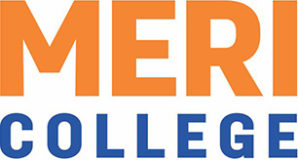


Technical Sponsors
- United Kingdom Simulation Society
Report an Issue
If you have any questions, do not hesitate to contact any one of the following along with your contact details and the issue:- Sarika Jain, National Institute of Technology, Kurukshetra, Haryana, India, jasarika@nitkkr.ac.in.
- Sven Groppe, University of Lübeck, Germany, groppe@ifis.uni-luebeck.de.
- Deepshikha Kalra, MERI Education and Research Institute, Delhi, India, deepshikha.kalra@meri.edu.in.


